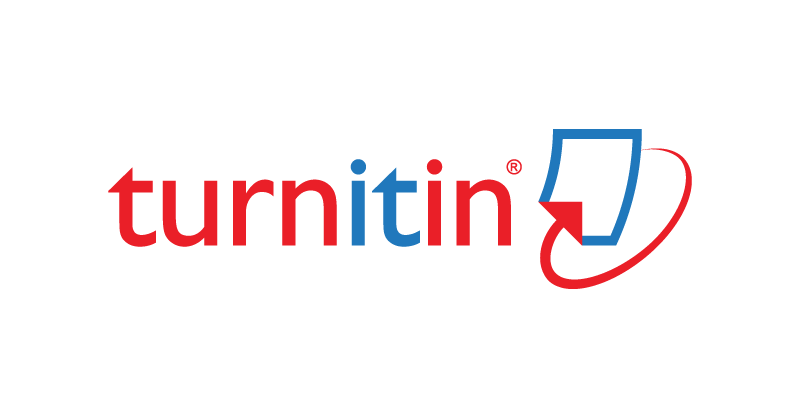Financial Technology and Financial Inclusion on MSME:Mixed-Method Research Approach
Abstract
Full Text:
PDFReferences
Bank Indonesia. 2017. Keuangan Inklusif. Retrieved from: www.bi.go.id/id/perbankan/keuanganinklusif/
indonesia/stategi/contens/defa ul.aspx
Financial Services Authority. 2018 Penyelenggara Fintech Terdaftar di OJK per Desember 2018. Retrieved
from: www.ojk.go.id/id/berita-dan-kegiatan/publikasi/pages/penyelenggara-fintech- terdaftar-di-ojk-perdesember-2018.aspx
Jagtiani, J., & Lemieux, C. 2017. Fintech lending: Financial inclusion, risk pricing, and alternative
information.
Grohmann, A., Kl¨uhs, T., & Menkhoff, L. 2018. Does financial literacy improve financial inclusion? Cross
country evidence. World Development, 111, 84-96.
Hutabarat 2018. Pengaruh Literasi Keuangan Dan Financial Technology Terhadap Inklusi Keuangan Pada
Masyarakat Jabodetabek . (Skripsi: Fakultas Ekonomi Dan Manajemen, Institut Pertanian Bogor, 2018)
Hau, H., Huang, Y., Shan, H., & Sheng, Z. 2018. Fintech credit, financial inclusion and entrepreneurial growth.
Unpublished working paper.
Soriano, M. A. 2017. Factors driving financial inclusion and financial performance in Fintech new ventures:
An empirical study. PhD Dissertation, Retrieved from: https : //ink.library.smu.edu.sg/etdcoll/145/
Wati, LN, 2017. Metode Penelitian Bisnis Terapan, Aplikasi SPSS, Eviews, SMartPLS dan AMOS. Mujahid
Press. Bandung.
Ozili, P. K. 2018. Impact of digital finance on financial inclusion and stability. Borsa Istanbul Review, 18(4),
-340.
DOI: https://doi.org/10.31294/moneter.v7i2.9583
Index by:
dipublikasikan oleh LPPM Universitas Bina Sarana Informatika dengan dukungan Relawan Jurnal Indonesia
Jl. Kramat Raya No.98, Kwitang, Kec. Senen, Kota Jakarta Pusat, DKI Jakarta 10450

This work is licensed under a Creative Commons Attribution-ShareAlike 4.0 International License






